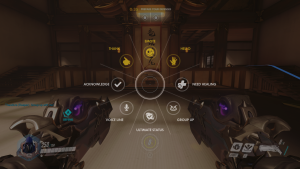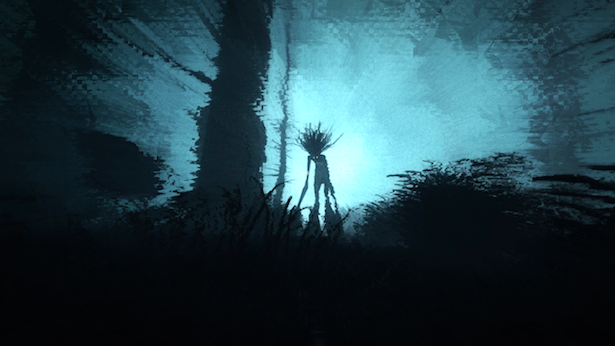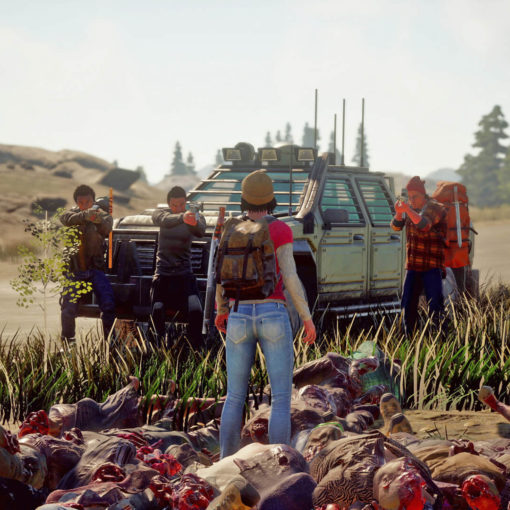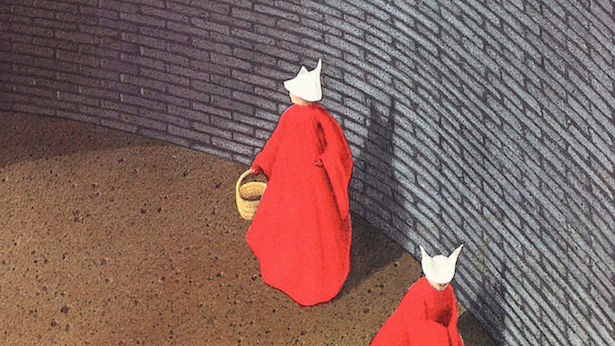I’ve written about Overwatch before, and my reasons for finally caving and playing Blizzard’s massive online battle arena (MOBA) game were deeply rooted in my experience with the fandom. As a gamer and a fan of two of Blizzard’s other major IPs, Diablo and Starcraft, the fact that I didn’t immediately throw myself on the Overwatch bandwagon might seem surprising, but the reason behind my hesitancy is rooted directly in a simple fact:
I don’t play well with others.
A few years ago I was friends with a number of WoW players. Due to having little money and even less free time I didn’t jump on that particular bandwagon, but I did try my hand at a couple of free MMORPGs based around Dungeons and Dragons. I tried to play just with people I knew, but sometimes that wasn’t an option, and my experiences in pick-up groups were less than pleasant. The main character I played was a healer, and even though I wasn’t equipped for voice chat, I received a lot of unpleasant commentary from other players when my healing wasn’t up to their standards. Between this and the conjecture I had heard from friends about the general negative and toxic environment surrounding MMOs and MOBAs, I kept away from games that would have otherwise sounded appealing for their elements of character design or worldbuilding. This kind of negative experience is not unique to gaming, but seems to flourish in online environments, and even with the implementation of codes of conduct and stricter community guidelines, people online continue to find ways to harass and bully each other through the perceived safety of anonymity.
My first time playing Overwatch I was hesitant, anxious to not find myself in a situation where I’d be attacked by strangers for not being as good at the game as I could be. After just a few matches I noticed elements of this game that were different from other online co-op experiences. Beyond this, I noticed that the mechanics of Overwatch seem to work deliberately to counteract the darker sides of MOBA games, promoting a kind of teamwork and sportsmanship rarely seen in a gallery of mostly anonymous face in an online setting. I had a lot of time to ponder this since I spent at least six hours streaming for Gaming For Good playing match after match of Overwatch on my PS4, and I gathered a few of my observations to go into a little more detail on the ways that this game differs from and rises above the standard MOBA stereotypes.
Overwatch encourages a balance between four different kinds of hero in gameplay, and when character selection takes place, pop-ups on the right hand side of the screen notify players of the current composition of the group. They provide information such as ‘no healers’, ‘no defense’, ‘low team damage’ or ‘too many of same hero’. What I find interesting about these pop-ups is they don’t necessarily serve as a preventative notice — players don’t have to fulfill the demands of the notifications in order for their match to move forward — they are simply a caution, a reminder to be mindful of the aspects of gameplay that will be benefited by a balanced team composition. Overwatch doesn’t stop players from creating an unbalanced team directly, but it provides gentle reminders through this pop-up system. Overwatch is therefore something of a hands-off parent: it allows its children to play rough and make mistakes, and face the consequences they incite.
Another aspect of balance that Overwatch creates, at least in quick-match mode, is the random team composition. Blizzard makes it easy to group up with friends of course, but if you’re like me and all of your friends either play the game on a different system or haven’t gotten around to giving in to your proselytizing insistence that they should buy the game and play with you, your options become random group-ups.
This gave me some pause at first – my past experiences getting yelled at for not healing people fast enough still resonated in my mind – but I quickly found that the environment in Overwatch matches was significantly different than my experience in free MMO games. I will say that I keep voice chat turned off – for reasons I went over last week I get a little self-conscious about being heard speaking in a strange environment – but Overwatch has a simple but effective emote system available for players who can’t or choose not to participate in voice chat functions. Players mode of communication is restricted to a handful of pre-set communications including a greeting, an in-character emote, an acknowledgement, a group up call, and a thank-you, not unlike the ping system in League of Legends. I could write an entirely separate post about the way this functions as a rhetorical strategy to promote positive teambuilding (and I probably will), but suffice it to say this makes communication between players simple and largely positive. A far cry from being pelted with insults and slurs in a group chat text-box.
Blizzard takes random team composition one step further by randomizing between matches. This means the people you played through the Attack on Kings Row with in the previous round may not necessarily be on your team as you switch to a match in Ilios. Sometimes, the people on your new team will be the very players who you were up against in the previous match. Nothing like looking over the roster of teammates and seeing the name of the guy who sniped you to death as Hanzo five times while you were escorting the payload. I find this fascinating because it seems to encourage a spirit of friendly competition more than any kind of intense rivalry or specific trash-talking. Once I realized the opposing team’s players were just as likely to be in my random group for the next match, I found myself appreciating the spectacular kill cam shots that would come up after yet another in-game death. Especially when that person who sniped me at the end of the last match was fighting by my side two matches later.
I love this because it makes the rivalry of a match exist only in the arena where it takes place. I don’t hold a grudge against headshotlover69 for kicking my ass in a match, that’s just how the game is played. If they end up on my team later, I get to see them kicking someone else’s ass, and that’s somehow more satisfying than any kind of vengeance I could hope to achieve by holding a grudge.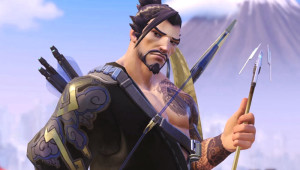
Games with a PVP mechanic have a reputation for bringing out the worst in people, especially when it comes to toxic speech in general and party chats. Blizzard has taken steps in their other games to improve these awful community environments, but I see this style of play opening Overwatch up to gamers like me who had previously avoided games of this kind. Blizzard isn’t the only company to take these steps, and is in fact still a few moves behind companies like Disney and Nintendo whose family-friendly social restrictions serve doubly as a means to open their games to wider audiences and to serve those looking for a less hostile game environment.
In addition to this, Overwatch is doing important work for gamers as people by encouraging us to truly learn how to work together. The different roles players can fill opens up the game to play styles that normally go ignored or unsupported in a MOBA, and keeps strangers from turning against each other the way they are so often wont to do in an anonymous setting. Rather than creating a game that alienates potential new fans by adhering to standard PVP models, Blizzard has made Overwatch into the kind of game that promotes teamwork and camaraderie, one even an antisocial curmudgeon like me can enjoy playing with strangers. The significance of this is that it gives me a sense of hope for the future of online gaming communities. Changing the toxic environment of the internet is a grueling and complex process fraught with uphill struggles and challenges, but games like Overwatch are closer to the solution than the problem, providing environments that foster teamwork and welcome players from all walks of life.


